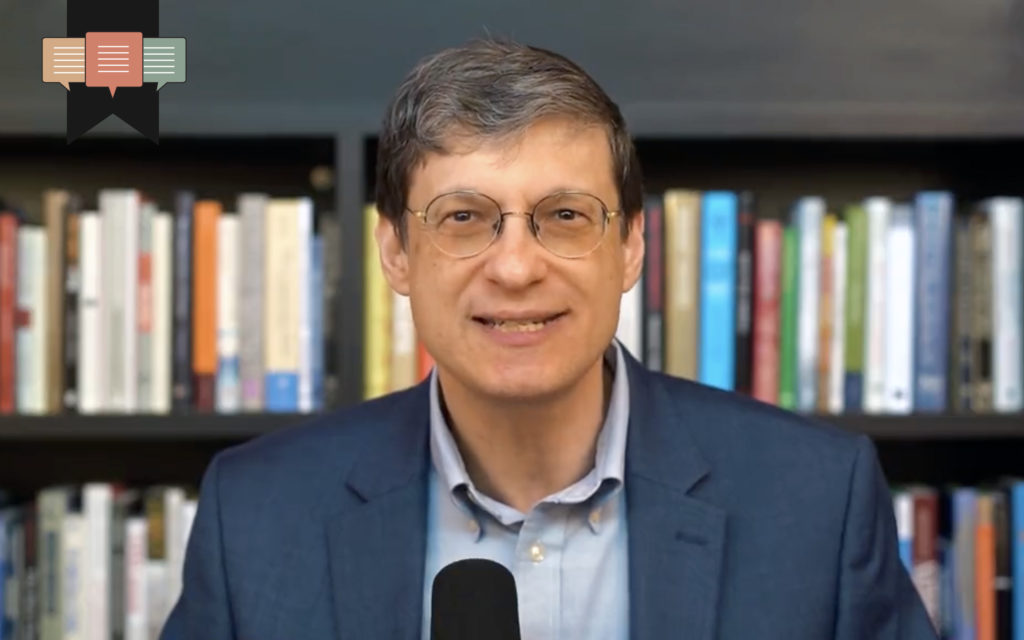
Published May 18, 2022
For decades now, conservatism in America has been an almost purely negative force, an exercise in saying “No.” To be sure, this is in part because there has been so much to say “No” to: abortion on demand, gender ideology, rampant pornography, same-sex marriage, and an unaccountable administrative state that stifles innovation. One wonders if so much opposition would have been needed had conservatives done a better job articulating their own positive vision. Even freedom, the value conservatives praise most often, has been framed in negative terms: freedom from interference, freedom to be left alone—the same kind of freedom, in short, that has guided the pro-abortion movement. After decades of failure, it’s worth pausing to ask whether there is anything more to conservatism than this.
One of the encouraging results of President Donald Trump’s years in office, despite his iconoclastic style, was a new willingness on the right to reconsider what it might take to conserve an American way of life worth conserving. “Getting government out of the way” might have been a plausible solution when the underlying structures of society—families, churches, communities, and businesses built on mutual loyalty—were strong and healthy. But that is no longer the case. Instead, conservatives must now recover a positive vision of what it means to build and sustain a conservative society. Many exciting initiatives, think tanks, and policy proposals have appeared for this purpose in recent years, but they have lacked a comprehensive philosophy. A big step toward the development of such a comprehensive approach may have come with the publication of Conservatism: A Rediscovery by Israeli American political theorist Yoram Hazony.
Click here to keep reading on WORLD Opinions.
Brad Littlejohn (Ph.D., University of Edinburgh) is the founder and president of the Davenant Institute. He also works as a fellow at the Ethics and Public Policy Center and has taught for several institutions, including Moody Bible Institute–Spokane, Bethlehem College and Seminary, and Patrick Henry College. He is recognized as a leading scholar of the English theologian Richard Hooker and has published and lectured extensively in the fields of Reformation history, Christian ethics, and political theology. He lives in Landrum, S.C., with his wife, Rachel, and four children.
Brad Littlejohn, Ph.D., is a Fellow in EPPC’s Evangelicals in Civic Life Program, where his work focuses on helping public leaders understand the intellectual and historical foundations of our current breakdown of public trust, social cohesion, and sound governance. His research investigates shifting understandings of the nature of freedom and authority, and how a more full-orbed conception of freedom, rooted in the Christian tradition, can inform policy that respects both the dignity of the individual and the urgency of the common good. He also serves as President of the Davenant Institute.









